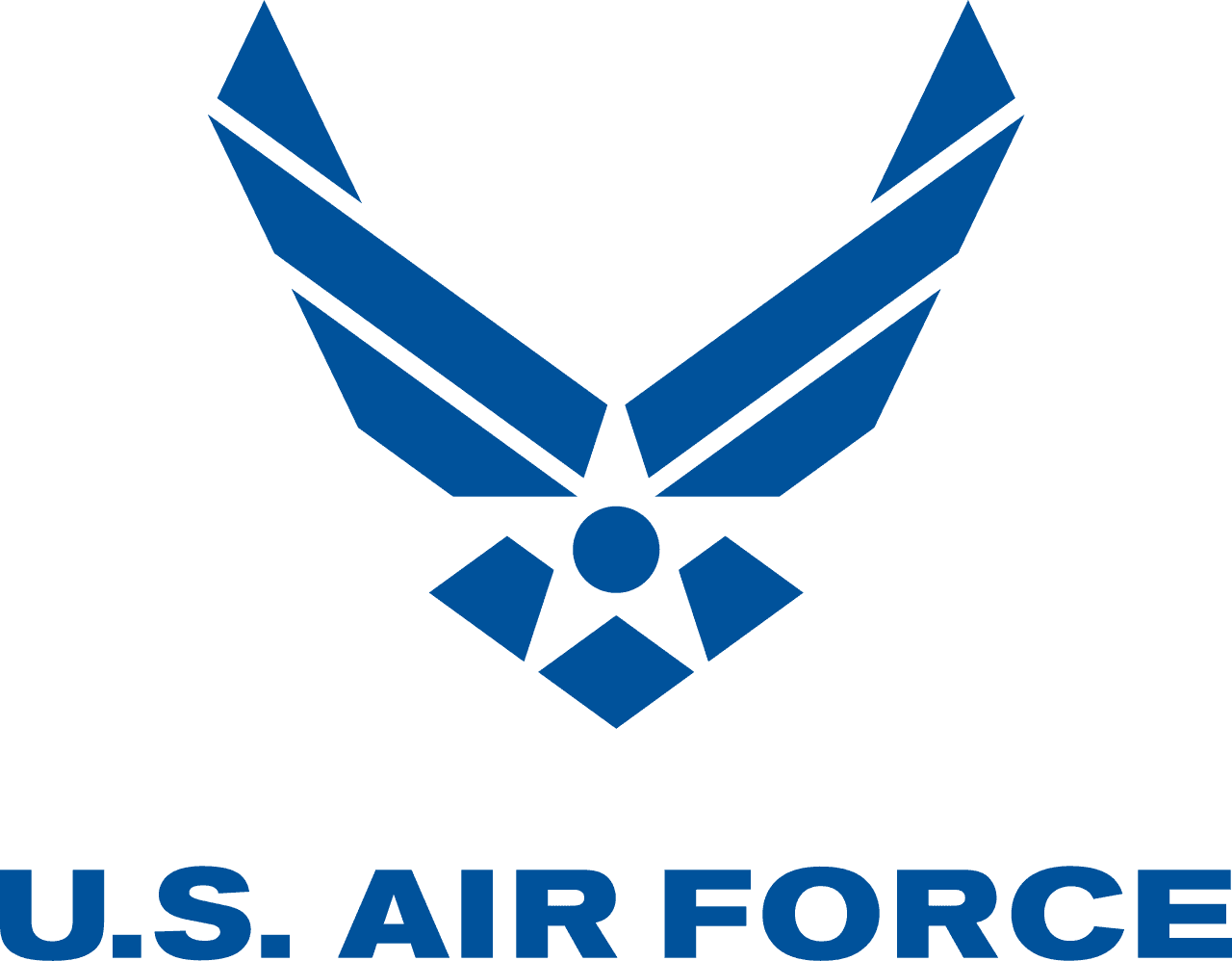Military Dietetic Support Specialists
Overview
What are the responsibilities of this role?
Dietetic support specialists perform basic clinical dietetic functions in the dietary management and treatment of patients in nutrition clinics, clinical dietetics branches, health promotion campaigns, and wellness clinics. They perform nutritional assessments and screening of individual patients for nutritional risk. Dietetic support specialists also procure, store, prepare, and serve regular and therapeutic diets and nourishment.
What is the work environment like?
Dietetic support specialists normally work in clean, sanitary kitchens and dining facilities. They may sometimes work in refrigerated meat lockers. Sometimes they work outdoors in tents while preparing and serving food under field conditions.
How many people have this role in the Military?
4,418
Compensation
Understanding How Military Pay is More Than Just a Salary
Base pay is the standard income you’ll earn as a service member, providing a stable foundation to start achieving your financial goals.
- Always fixed based on rank and service time.
- Distributed monthly.
What is the typical salary range?
$46,837
$67,619
$92,419
Military Details
Is this a staff or leadership role?
What does the training for this role entail?
All enlisted service members complete basic military training, which includes time spent in a classroom and in the field, and covers tactical and survival skills, physical training, military life and customs, and weapons training. Job training for dietetic support specialists consists of classroom and on-the-job instruction, including practice in food preparation. Training content may include:
- Standard and dietetic menu planning
- Food preparation and cooking
- Basic nutrition
- Storage of meats, poultry, and other perishable items
- Dining service operations
- Food and supply ordering
- Assessment of a patient’s dietary requirements and restrictions
- Food safety and sanitation
Education
What level of education do professionals in this role have?
Which college majors best prepare you for this role?
- Nutrition Sciences
- Dietetics/Dietitian
- Foods, Nutrition, and Wellness Studies, General
- Dietetic Technician
- Dietitian Assistant
Learn About How Military Can Pay for 100% of your College Degree
Skills and Interests
What knowledge is essential to bring to the table?
- Customer and Personal Service
- Education and Training
- Administrative
- English Language
- Computers and Electronics
What personality traits help people thrive in this role?
You love connecting with people, helping others and making a difference in your community.
You love hands-on work and solving practical problems — like fixing things and building stuff.
You like structure, staying organized, and working with systems to get things done efficiently.
RIASEC represents six broad interest areas—Realistic, Investigative, Artistic, Social, Enterprising and Conventional—helping individuals identify careers that match their skills and preferences.
Take the RIASEC TestData supplied by Bureau of Labor Statistics, National Center of Education Statistics, Defense Manpower Data Center (View our update schedule). Contact any business, college or military service branch to answer additional questions.

